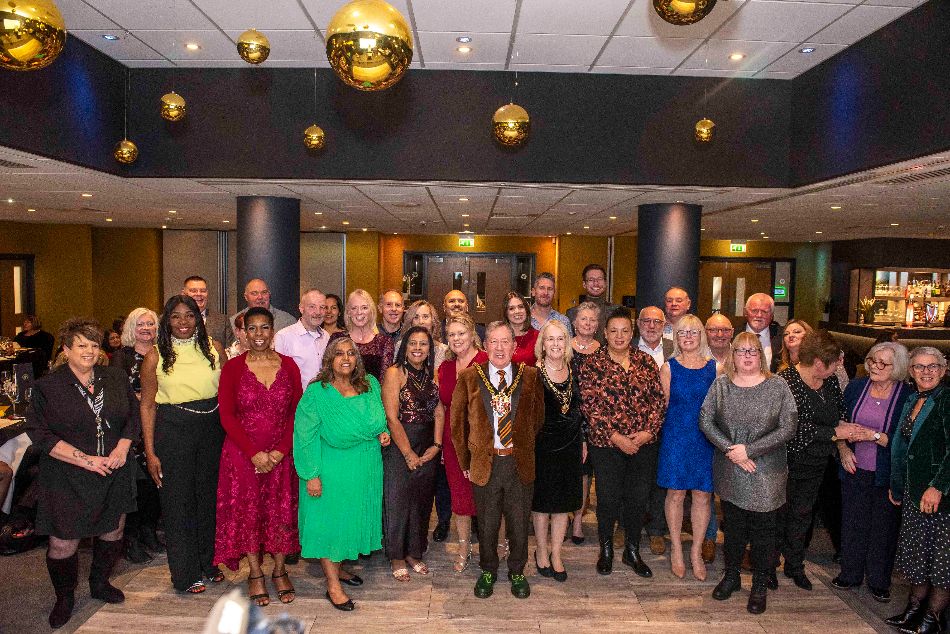Popularised by celebrity chefs such as Nathan Outlaw and Raymond Blanc, and having hit national papers due to their breakthrough into supermarkets, The Cornish Seaweed Company is one of Cornwall's fastest growing startups. Their commitment to sustainability is evidenced by the company's harvesting policy. This means that they rotate their harvesting area and only ever cut up to half the plant, using scissors, which allows the seaweeds to regenerate; a process which Caro Warwick-Evans, co-founder, said is essential for the seaweed to be classified as organic. Ethical handling of produce and minimal electrical input for the processing contributes to its organic standard.
Dean Quarry lies within the Coverack to Porthoustock Site of Special Scientific Interest (SSSI), within an Area of Natural Beauty (AONB), adjacent to National Trust (NT) land at Lowland Point, on the South West Coast Path, surrounded by the Lizard Special Area of Conservation (SAC) and extends seaward into the Manacles Marine Conservation Zone, where Tim and Caro's sustainable business was granted a license by The Crown Estate to harvest seaweed in 2012.
Being the first company in the South West to harvest seaweed, the company have initiated an industry, which is set to grow, as it has done worldwide in recent years. This needs protecting. The proposed impact of the quarry threatens their staff, and the staff of many other local companies, such as The Cornish Sea Salt Company, and Roskilly's farm.
However, it's not just the threat to their business that worries Tim van Berkel, co-founder with Warwick-Evans. Both founders previously worked in conservation and environmental engineering jobs, and are committed to ensuring their business remains sustainable. Tim said, “there are only 27 MCZs in the UK, and these were hard to come by. They are vital to protect and restore the marine environment. If dredging and a 500m jetty are allowed in the MCZ, this would be a precursor for anyone else to operate in them. Then what's the whole point of an MCZ?”
Seaweed has become a superfood trend for 2015, being included in menus across Cornwall. Of this, triple Michelin star chef Nathan Outlaw said, “The work that the people at The Cornish Seaweed Company are doing has challenged the way I cook. Their produce has become an integral part of Cornish cuisine and I would hope that in the future, their seaweeds become a product used regularly in every household. They have taken a completely natural resource and, using sustainable harvesting methods, made it accessible for the catering industry and home cooks alike. I feel that their efforts to harness this nutritious product and educate people about the benefits of using locally sourced seaweed in their cooking are to be commended. They are amazing!”
The extent of the quarrying was cited as being at least 500% more rock extracted than when Dean Quarry was in its previous operation. The benchmarks have changed since applications were first made and there has been a documented dispute over corruption.
As such local action group Cornwall Against Dean Superquarry (CADS) has taken the decision to proceed with a Judicial Review to investigate why Cornwall County Council have refused to accept Greg Clarke, Secretary of the State for Communities', decision that there is a risk of significant harm. Mr. Clark had declared that the proposed expansion should be subjected to an environmental impact assessment (EIA).
















